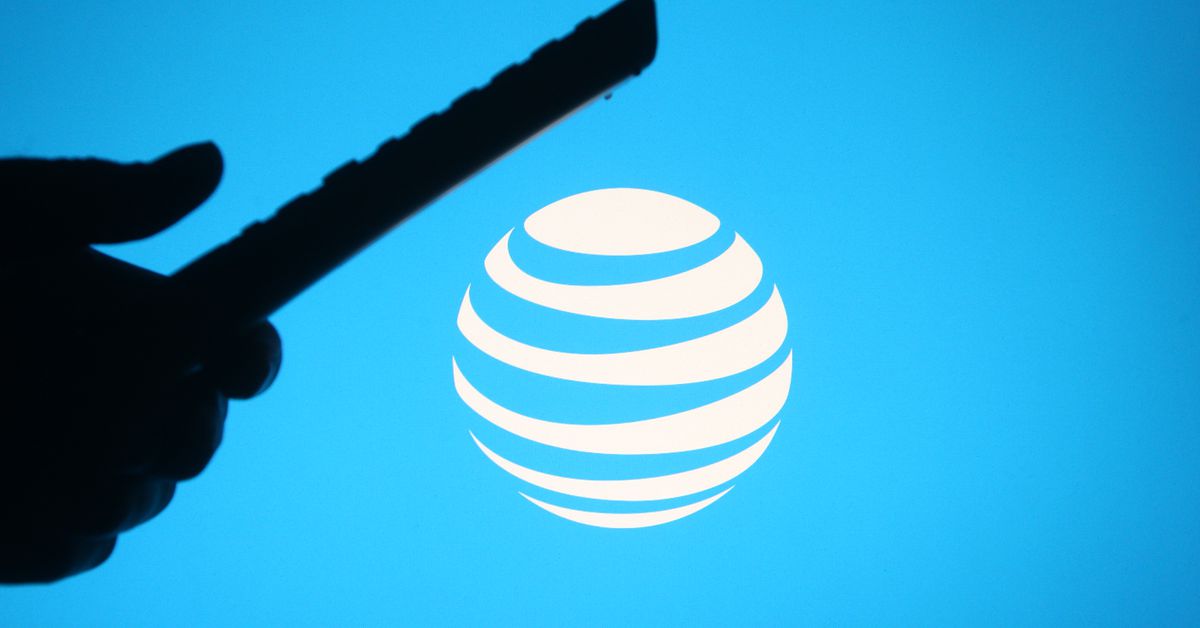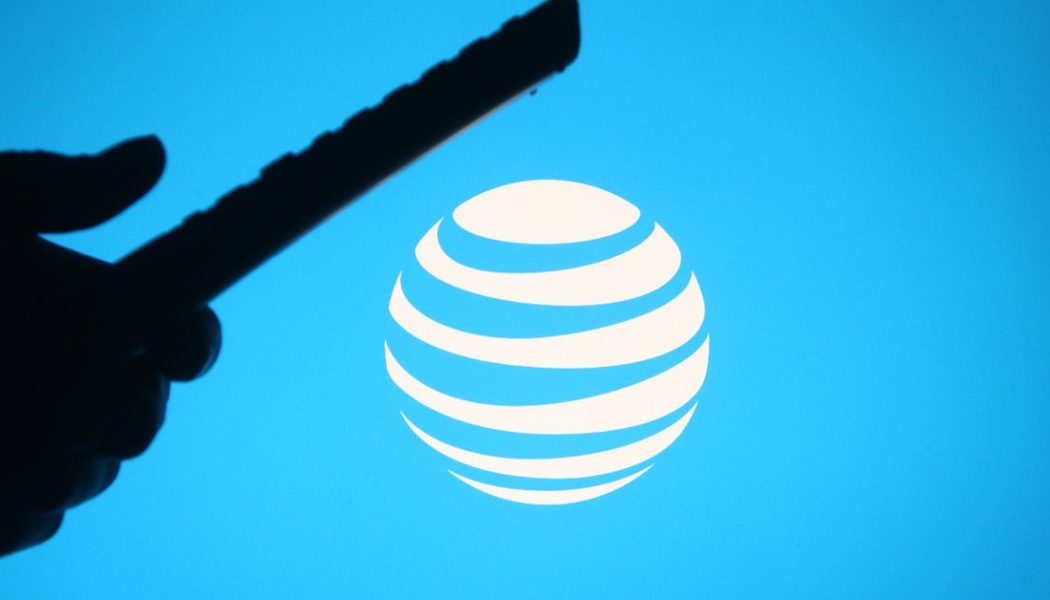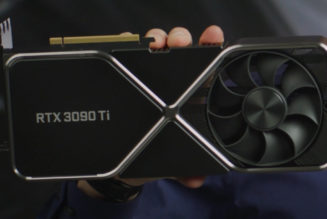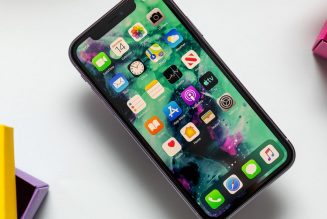
An AT&T policy that bars employees from recording conversations with managers or colleagues is legal, according to a ruling from the National Labor Relations Board Monday. The board found that while AT&T violated US labor law in how it had applied the policy, the recording ban itself was not illegal.
According to AT&T’s rules, “employees may not record telephone or other conversations they have with their co-workers, managers or third parties unless such recordings are approved in advance by the Legal Department.”
In its decision, the NLRB overturned part of an earlier ruling which said that the policy’s potential to infringe on workers’ rights outweighed AT&T’s need to keep customer data private.
The case centers on a complaint filed by AT&T employee Marcus Davis in 2016. Davis served as the union steward for the Communications Workers of America Local 2336. In May 2016, he attended a meeting with an employee who was being fired and recorded the conversation. Davis’s manager found out, asked to meet with him, and deleted the recording off of his phone. He later told Davis not to encourage other employees to make in-store recordings since doing so violated AT&T’s rules, and noted he “did not want anyone held accountable for not following policy.”
The NLRB found that Davis was engaged in protected union activity. The board said AT&T violated federal labor law by telling him not to encourage colleagues to make recordings and implying that there could be repercussions for those who did.
Yet the board also said that just because the policy was applied illegally doesn’t mean it is inherently illegal. “A blanket prohibition on the continued maintenance of such rules, simply because of a single instance of unlawful application — even if that single instance is carried out by a misguided low- or mid-level supervisor whose action does not reflect corporate policy — fails to give proper weight to those legitimate interests,” the board wrote. “Indeed, it fails to give them any weight at all.”
In her dissent, NLRB chairman Lauren McFerran said the rule was unlawfully over broad. “We all agree that some recordings by employees are protected by the National Labor Relations Act,” she wrote. “By its terms, the rule does not differentiate between recordings protected by the National Labor Relations Act and those that are not…Indeed, as written, the rule applies even to conversations on nonwork time and in nonwork areas: an employee could not record a union meeting held in a breakroom at lunch.”
AT&T did not immediately respond to a request for comment from The Verge.









